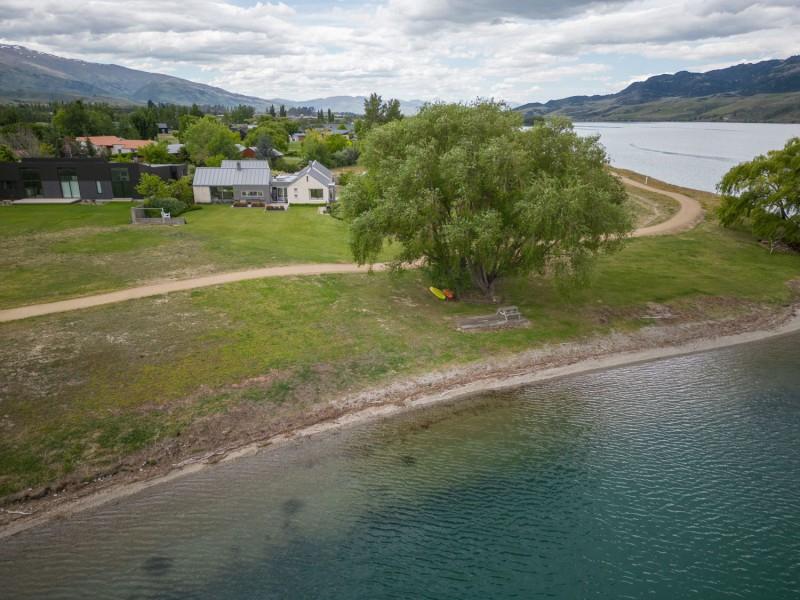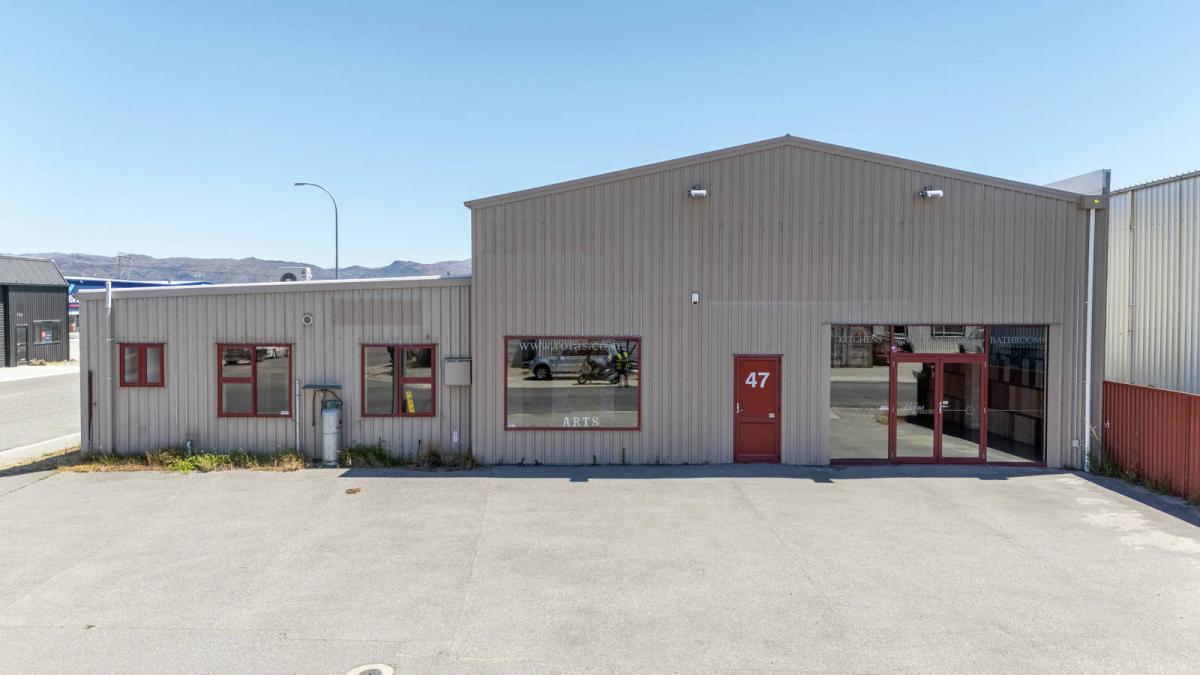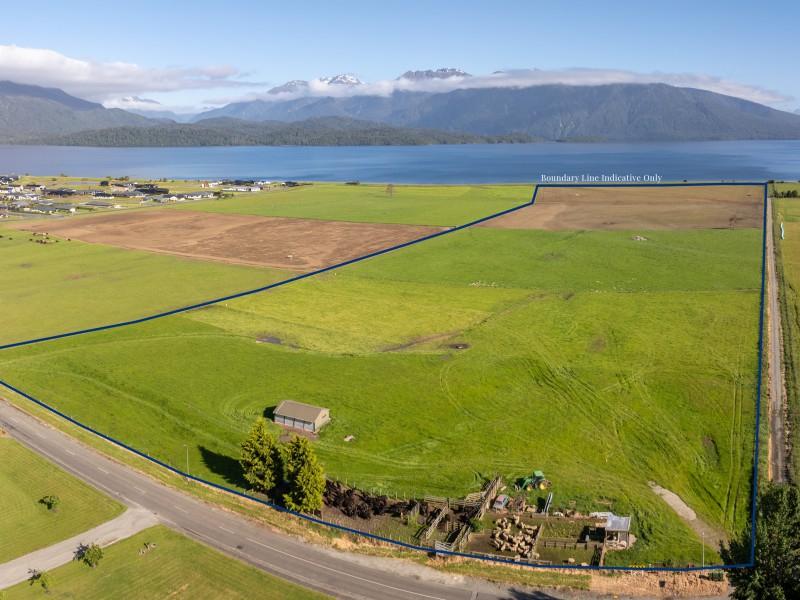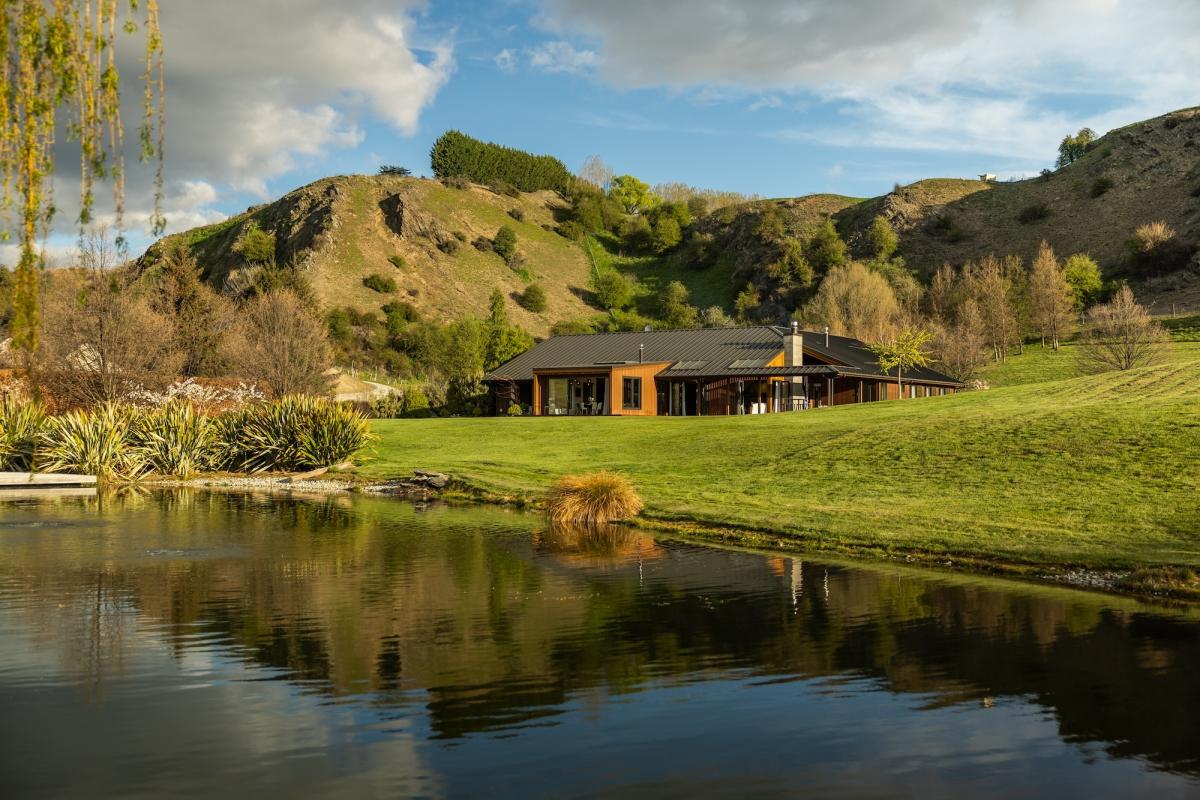Harassment and bullying concerns revealed in plan to transform tourism workforce
From reporter Debbie Jamieson:
Tourism and hospitality workers suffer high levels of harassment and bullying and one-third want better pay and conditions, a new survey has found.
The Auckland University of Technology survey of 900 workers has informed a Government plan to strengthen the tourism workforce.
New Tourism Minister Peeni Henare announced the plan to tourism industry representatives in Queenstown on Wednesday.
It included a scheme allowing businesses to demonstrate they are good employers, and aiming to lift cultural competency in the sector and develop educational opportunities.
The 2022 survey was commissioned by the group developing the plan and was the largest and most detailed survey done in New Zealand of tourism and hospitality employees and their working conditions.
AUT School of Hospitality and Tourism senior lecturer David Williamson said it found key concerns among frontline and senior staff included low pay, unsatisfactory working conditions, insufficient career progression, and a high level of turnover.
One-third of respondents identified better pay and conditions as a key change required to create a better workplace.
Just over 23% had experienced bullying or harassment from other staff members or customers, while 34% had witnessed it.
It was reported in only 49% of cases and action was taken only in one quarter of those cases.
“This is a very concerning area. If we’re going to be attracting young people into the industry, trying to encourage careers and say this is a great place to work, we’re going to have to address this.”
More than half of the respondents (54%) did not know what the health and safety risks in their workplace were.
High turnover was also identified as an issue, with 45% of respondents indicating they were not planning a career in the sector or unsure about it, and 27% planning to leave their job in the next year.
“It is problematic. There is a significant minority of experiences where the conditions are not what they should be,” Williamson said.
Other issues included 9% did not have signed employment agreements, 7.5% were not paid the adult minimum wage, 68% of frontline workers received less than $24 an hour, only 71% got the correct holiday pay, and only 58% got the rest breaks they were entitled to.
Henare said it was essential for the Government to help the sector build a more resilient future.
“New Zealand continues to be one of the world’s top tourism destinations, and with the borders open, international visitors are returning.”
Part of that was to ensure the workforce was skilled and supported, through education, good career pathways, pay and working conditions, he said.
It included the establishment of a Tourism and Hospitality Accord – a voluntary employer accreditation scheme identifying businesses in tourism and hospitality that treat staff well.
By joining the accord they would be able to show they were good employers, which would help them attract quality staff.
There would also be closer collaboration between industry and education providers to ensure the right skills were being taught to fill the jobs the sector needed, Henare said.
“And we will test whether employee-sharing can reduce the unstable and seasonal elements of tourism.”
The plan aimed to turn around the negative perception – and reality for some – that working in tourism did not pay well and the work could be unstable.
“This action plan will help to improve conditions so that tourism is a job of choice that is fulfilling and desirable for people here and those coming from abroad,” Henare said.
Among 14 outlined initiatives are plans to develop new tourism qualifications, conduct a tourism conservation employee-sharing pilot building on the benefits of the Jobs for Nature programme, and explore options for clearer long-term immigration settings.
Who’s the Smarty-Pants in the Neighbourhood? Let’s Find Out!
I’m not alive, yet I grow with care.
I wear ornaments, lights, and sometimes a star to bear.
My evergreen presence fills the air, bringing joy to the hearts of those who prepare.
What am I?
Do you think you know the answer to our daily riddle? Don't spoil it for your neighbours! Simply 'Like' this post and we'll post the answer in the comments below at 2pm.
Want to stop seeing riddles in your newsfeed?
Head here and hover on the Following button on the top right of the page (and it will show Unfollow) and then click it. If it is giving you the option to Follow, then you've successfully unfollowed the Riddles page.

⚠️ DOGS DIE IN HOT CARS. If you love them, don't leave them. ⚠️
It's a message we share time and time again, and this year, we're calling on you to help us spread that message further.
Did you know that calls to SPCA about dogs left inside hot cars made up a whopping 11% of all welfare calls last summer? This is a completely preventable issue, and one which is causing hundreds of dogs (often loved pets) to suffer.
Here are some quick facts to share with the dog owners in your life:
👉 The temperature inside a car can heat to over 50°C in less than 15 minutes.
👉 Parking in the shade and cracking windows does little to help on a warm day. Dogs rely on panting to keep cool, which they can't do in a hot car.
👉 This puts dogs at a high risk of heatstroke - a serious condition for dogs, with a mortality rate between 39%-50%.
👉 It is an offence under the Animal Welfare Act to leave a dog in a hot vehicle if they are showing signs of heat stress. You can be fined, and prosecuted.
SPCA has created downloadable resources to help you spread the message even further. Posters, a flyer, and a social media tile can be downloaded from our website here: www.spca.nz...
We encourage you to use these - and ask your local businesses to display the posters if they can. Flyers can be kept in your car and handed out as needed.
This is a community problem, and one we cannot solve alone. Help us to prevent more tragedies this summer by sharing this post.
On behalf of the animals - thank you ❤️

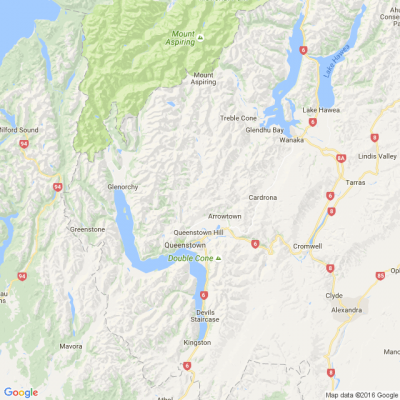
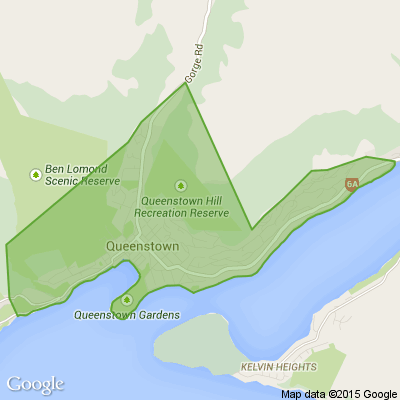





 Loading…
Loading…